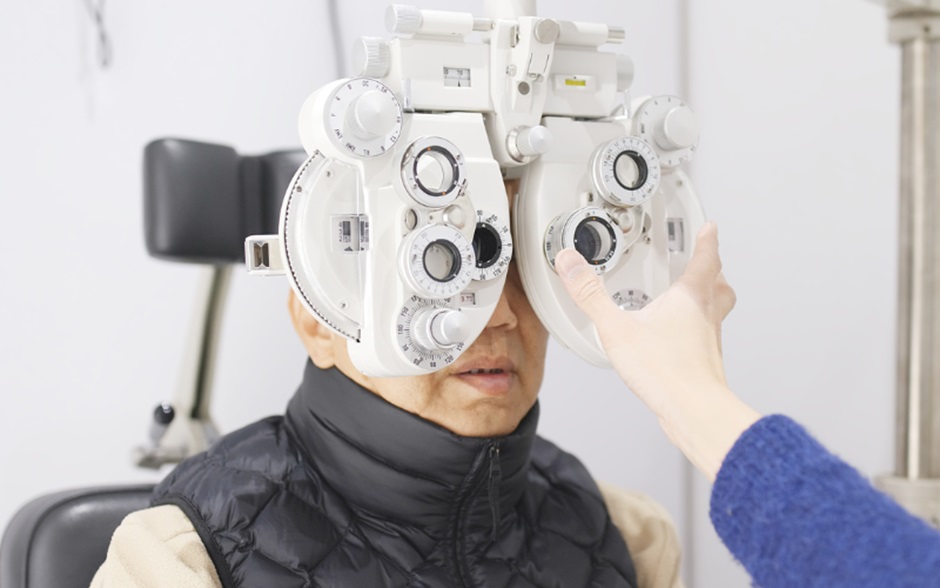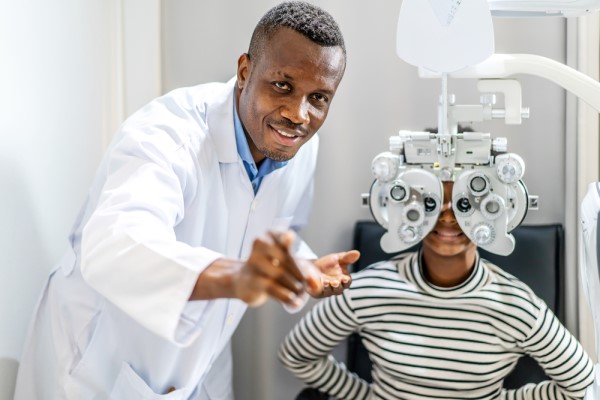
Ensuring optimal eye health is essential for maintaining overall well-being and quality of life. Regular eye tests are crucial for detecting any issues early and ensuring that your vision remains clear and sharp. If you are preparing for an eye test in Singapore, there are several steps you can take to ensure a smooth and successful examination. This article will provide valuable tips to help you prepare for your upcoming eye test.
Understanding the Importance of Regular Eye Tests
Regular eye tests are vital for monitoring your eye health and identifying any potential problems. In Singapore, many optometrists offer comprehensive eye exams to check for common vision issues such as myopia, hyperopia, astigmatism, and presbyopia. These exams also help detect more severe conditions like glaucoma, cataracts, and macular degeneration.
Schedule Your Eye Test in Advance
Booking your eye test in advance ensures that you have ample time to prepare and gather any necessary information. Many clinics in Singapore offer free eye tests, which can be a convenient and cost-effective option. Ensure that you choose a reputable clinic that provides thorough and professional examinations.
Gather Your Medical History
Before your eye exam, gather any relevant medical history, including previous eye conditions, surgeries, or treatments. This information will help the optometrist understand your eye health better and tailor the examination to your specific needs. If you are currently taking any medications, bring a list of these as well, as some medications can affect your vision.
Bring Your Current Eyewear
If you wear glasses or contact lenses, bring them to the eye test. The optometrist will need to assess your current prescription and compare it with the results of the eye sight test. This step ensures necessary adjustments can be made to improve your vision.
Note Any Symptoms or Concerns
Take note of any symptoms or concerns regarding your vision or eye health. Whether you experience frequent headaches, blurred vision, eye strain, or dry eyes, informing the optometrist about these issues will help them provide a more accurate diagnosis and appropriate recommendations.
Avoid Eye Strain Before the Test

In the hours leading up to your eye test, avoid activities that can cause eye strain, such as staring at screens for extended periods or reading in dim light. Resting your eyes will help ensure that the test results are accurate and reflective of your true vision capabilities.
Follow Pre-Test Instructions
Some eye tests may require specific preparation, such as avoiding contact lenses for a certain period before the exam. Follow any pre-test instructions provided by the clinic to ensure that the examination goes smoothly and yields accurate results.
Stay Hydrated and Well-Rested
Being well-hydrated and well-rested can positively impact your eye health and the accuracy of the eye exam. Ensure you get a good night’s sleep before the test and drink plenty of water to keep your body and eyes hydrated.
Understand the Different Types of Eye Tests
Familiarise yourself with the different types of eye tests that may be conducted during your examination. Common tests include visual acuity tests, refraction assessments, and intraocular pressure measurements. Knowing what to expect can help reduce anxiety and make the experience more comfortable.
Ask Questions
Don’t hesitate to ask questions during your eye test. Understanding the purpose of each test and what the results mean for your eye health is essential. An informed patient is better equipped to make decisions about their vision care.
Plan for Any Follow-Up Appointments
Depending on the results of your eye test, you may need to schedule follow-up appointments for further testing or treatment. Plan for these in advance to ensure that you can address any issues promptly and maintain optimal eye health.
Take Notes
During the eye exam, take notes of any important information provided by the optometrist. This includes recommendations for eyewear, treatments, or lifestyle changes that can benefit your vision. Having a record of this information can help you follow through with the necessary steps to improve and maintain your eye health.
Conclusion
Preparing for an eye test in Singapore involves several steps that can help ensure a thorough and accurate examination. By scheduling your test in advance, gathering relevant medical history, and following pre-test instructions, you can make the most of your eye exam.
Remember to bring your current eyewear, note any symptoms, avoid eye strain, and stay hydrated and well-rested. Understanding the different types of eye tests and asking questions can also enhance your experience and ensure you receive the best possible care.
For a free eye test and comprehensive eye exam, contact OWNDAYS and ensure your vision remains clear and healthy.






